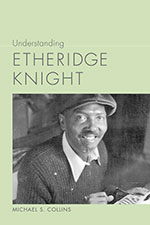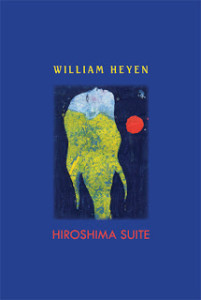Philip Rowland’s “before music”
February 15, 2013
Philip Rowland, editor in Tokyo of NOON: journal of the short poem,
has recently published a collection of haiku, and we are here spreading
the word to interested readers and affeciannados of haiku. He reports
that he has hopes of getting the journal up and running again, in
some form, for 2013.
*****
Here’s a link to order:
and some comments about his work below:
“Philip Rowland’s poems build meaning from sound with a subtle and subliminal grace, bringing new surprises and joy with each reading. Zukofsky and Corman (Rowland is clearly in that lineage) would admire his faithfulness to every word, his clean lines, and his discreet narrative of love and family. He strikes home with the immediacy and absolute commitment of Hosai and Ippekiro. To me, before music marks a rediscovery of haiku for the English-speaking world that should prove as invigorating as the modernist one of a century ago.”
- John Martone
Philip Rowland’s before music could just as well be titled before mind. That’s where his poems take me — to the charged cusp of cognition. It happens in a flash but the words reverberate long on the page in concentric circles of verbal electricity.
what’s left of the light the music absorbs
You can’t step in the same Rowland poem twice.
- Joseph Massey



